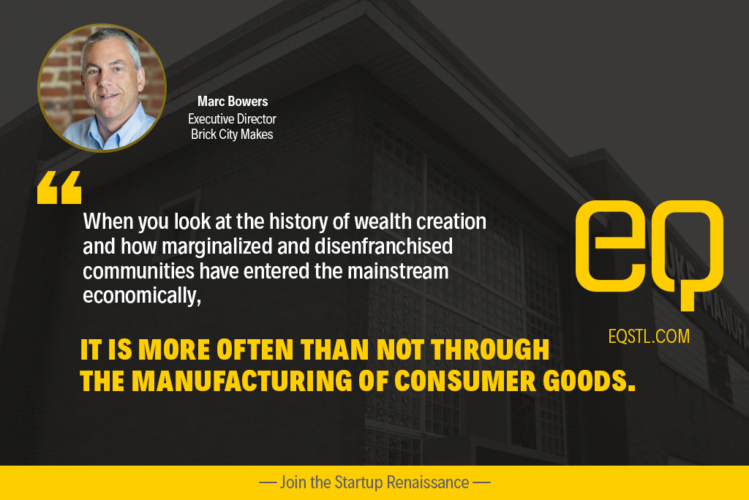
Product Management: How to Become the Unsung Hero of Startup Success
Marc Bowers invites you to join Product Camp St. Louis on March 28 to share best practices in product management and similar front-end fields.
This highly interactive conference builds on our region’s strong tech and design foundation already in place, and adds a focus on product management, product development and business development. Basically, we’re adding the front-end to the back-end and making our startup ecosystem even more robust.
What makes a successful product manager?
First, a little background on what exactly a product manager is.
The product manager’s role is a general management function with profit and loss responsibility for a specific product line, brand, or portfolio of products. Product management consists of optimizing existing lines of business, recognizing unmet needs, and developing new products to address marketplace opportunities. It’s not the same as advertising, communications, marketing, or public relations. Any owner or senior manager of a business is, whether they realize it or not, in a product management role because of their responsibility for delivering overall sales and profit performance.
Product management is grounded in processes and protocols based on marketplace understanding and financial management. We use market research to identify customer attitudes and beliefs, which enables us to respond with adjustments to product attributes, selling strategies, pricing, and new product offerings. User experience testing is used to understand buyer interaction with products. And regimented financial protocols help us keep the strict focus on profit delivery.
Product management also has a role in analyzing access to markets. In addition to identifying end-user opportunities, product managers also analyze sales channels and geographical opportunities. Our role is to make sure the products fit the market need and that all access points to customers are considered and developed as appropriate. This analysis can include an assessment of opportunities in underdeveloped sales channels and geographical markets.
What impacts success?
And there is one, single factor that impacts our success the most – ownership, CEO, and CFO support. Without the strong support of ownership, product management endeavors will not succeed. As a result, while marketplace understanding and alignment are critically important, it is even more important for product management to play a strong role guiding the organization’s strategic planning process for specific product lines.
The product management team’s recommendations should support overall corporate planning. However prior to finalizing corporate plans, product line plans should also help ownership recognize where the profit will come from and what the opportunities and subsequent tactics should be for delivering results.
Strategic planning begins with an assessment of your current state of the product line: where is the business financially and what are the marketplace trends and realities? Are you under or over performing vs the competition? Is the category growing, flat or in decline? Answering these and other questions will lead to an understanding of what the overall opportunity is on the business, what work needs to be done to optimize profit delivery, and the changes and corresponding investment levels required to get there.
Product managers work to strike an optimal balance between bottom line profit and topline sales. Solid margins are desirable, but only if higher margins don’t adversely impact sales. Revenue growth is great, but only if the sales volume is profitable.
We are the unsung heroes behind the success of every startup.

